IPPCAAS Systematically Expounded on the Important Development Approach of Scenario-Oriented Nanopesticides
Recently, the Pesticide Molecular Target and Green Pesticide Innovation Team at the Institute of Plant Protection, Chinese Academy of Agricultural Sciences (IPPCAAS) published a review article titled "Scenario-Oriented Nanopesticides: Shaping Nanopesticides for Future Agriculture" in the professional journal Advanced Agrochem . The paper analyzed the current development of nanopesticides and proposed the scientific concept of developing scenario-oriented nanopesticides, aiming to provide sustainable innovative development ideas for future nanopesticide research.
In recent years, nanotechnology has been a driving force behind technological innovations in agricultural production and plant protection. Nanopesticides, compared to traditional pesticides, have superior physical and chemical properties and promising application prospects. However, focusing solely on the performance improvement of nanopesticides without considering specific application scenarios may hinder their sustained development and large-scale application.
Given the diversity and complexity of agricultural production, pesticide application scenarios and methods should also be diverse. Therefore, the development strategy of scenario-oriented nanopesticides, which involves designing tailored formulations for different application scenarios, aligns better with the trends in modern agriculture. The paper emphasized that future nanopesticide development should prioritize typical pesticide application scenarios, such as spray on stem and leaf, soil/root application, water surface application, seed coating, trunk injection, space fumigation, repellent/attraction, sanitation and disinfection, and pesticide-loaded mulch films. Targeted formulation design for these different scenarios is crucial to enhance the sustainable development potential and resource efficiency of nanopesticide products.
The research was led by doctoral students Shangguan Wenjie and Chen Huiping, with senior researchers Huang Qiliang and Cao Lidong serving as co-corresponding authors. This work was supported by the National Key R&D Program and the Beijing Natural Science Foundation.
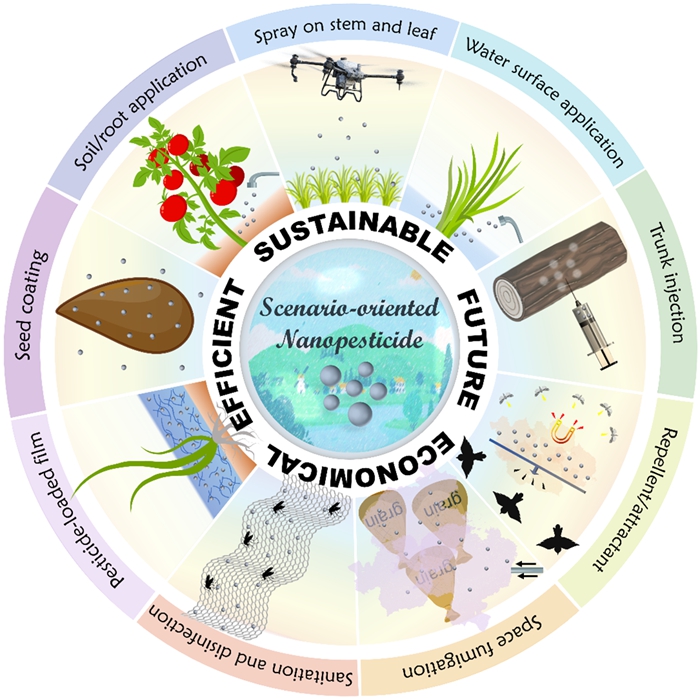
-
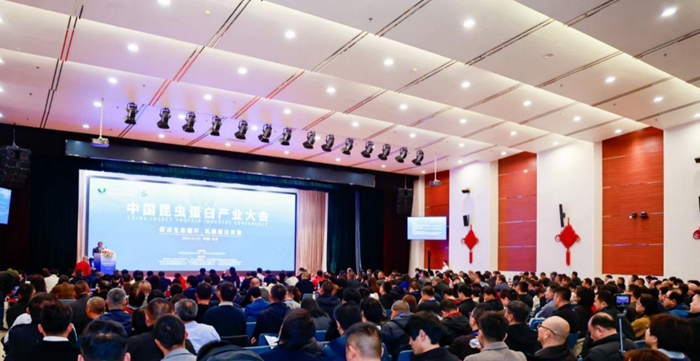 Nov 29, 2024First China Insect Protein Industry Conference Organized by Institute of Apicultural Research Successfully Held in Beijing
Nov 29, 2024First China Insect Protein Industry Conference Organized by Institute of Apicultural Research Successfully Held in Beijing -
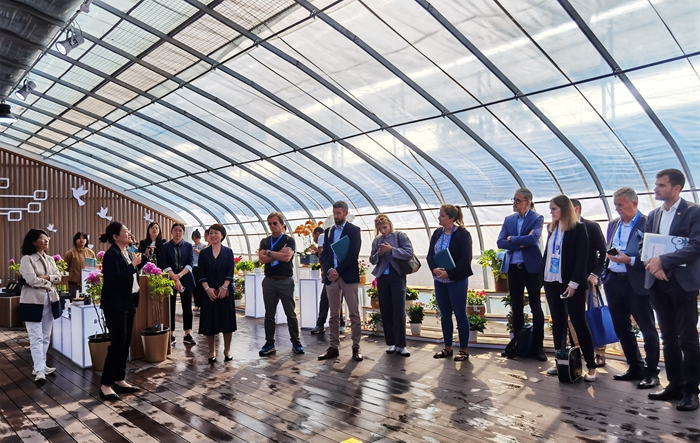 Nov 28, 2024Delegation of High-Level Science and Technology Managers from European countries Visited IVF
Nov 28, 2024Delegation of High-Level Science and Technology Managers from European countries Visited IVF -
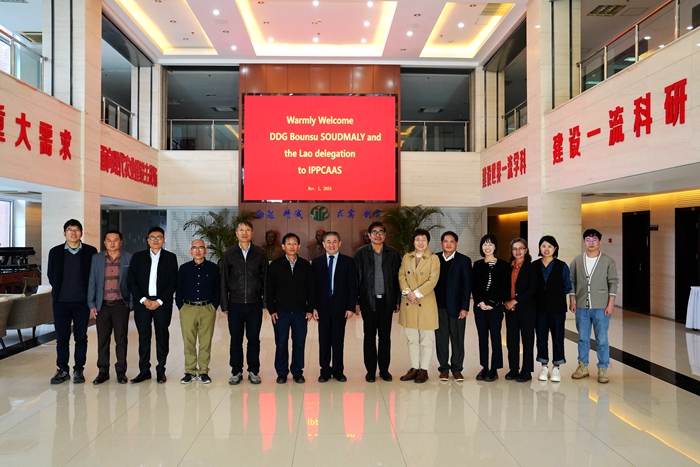 Nov 28, 2024The Lao PDR-China Joint Laboratory for Plant Protection holds technical seminar at IPPCAAS
Nov 28, 2024The Lao PDR-China Joint Laboratory for Plant Protection holds technical seminar at IPPCAAS -
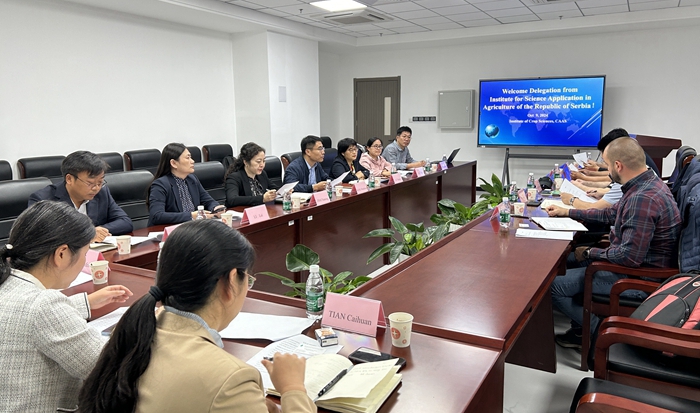 Nov 22, 2024Director Stanković and his delegation from the Institute of Agricultural Sciences and Applications of the Republic of Serbia visited ICS
Nov 22, 2024Director Stanković and his delegation from the Institute of Agricultural Sciences and Applications of the Republic of Serbia visited ICS -
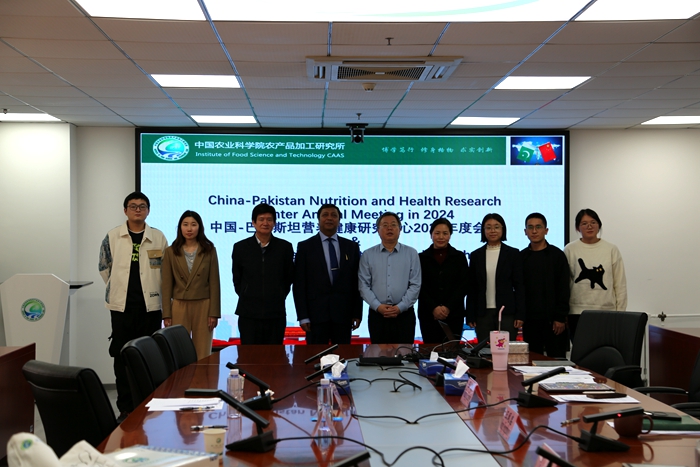 Nov 22, 2024Coordinator General of COMSTECH-OIC visited IFST-CAAS
Nov 22, 2024Coordinator General of COMSTECH-OIC visited IFST-CAAS
